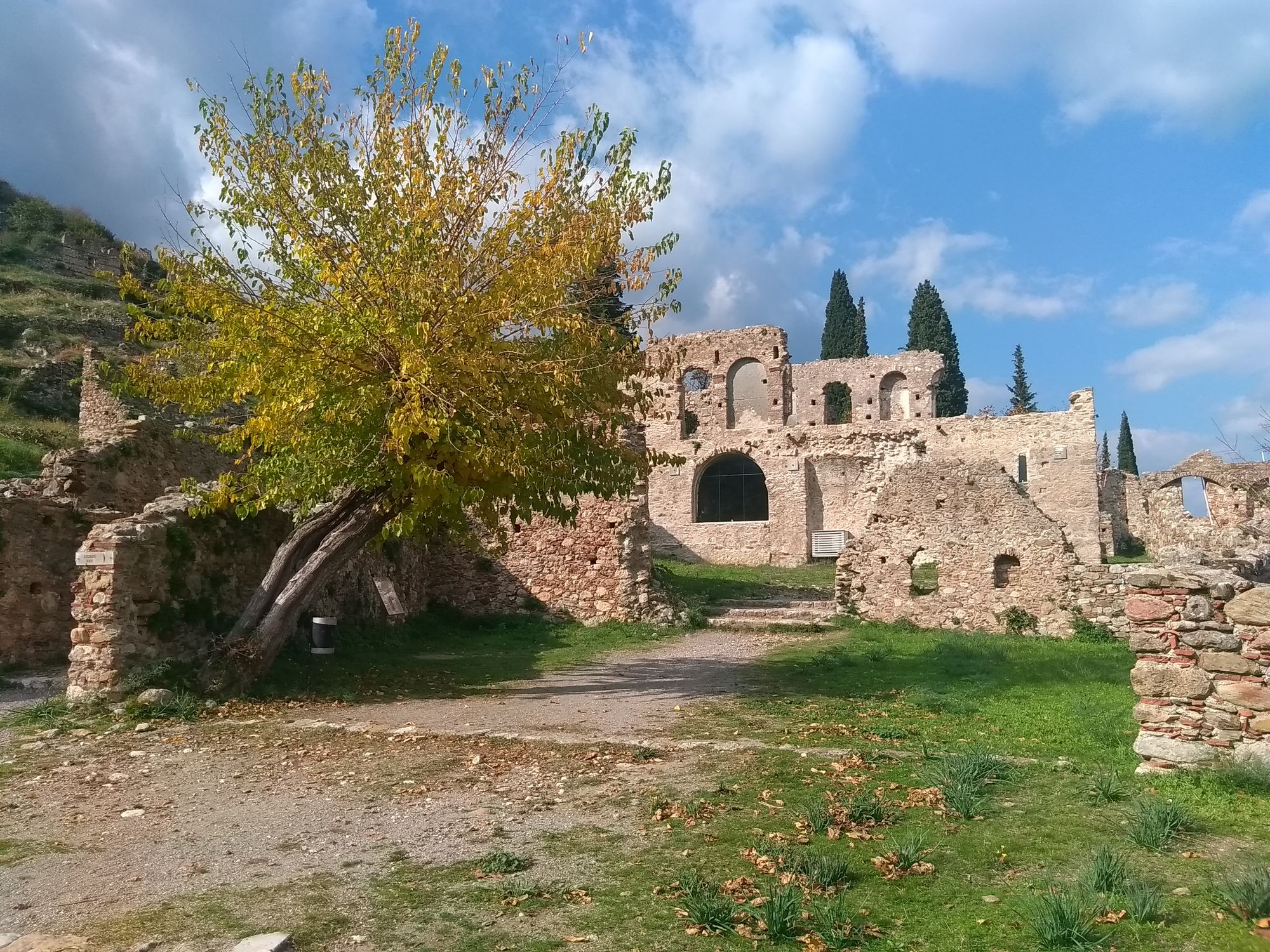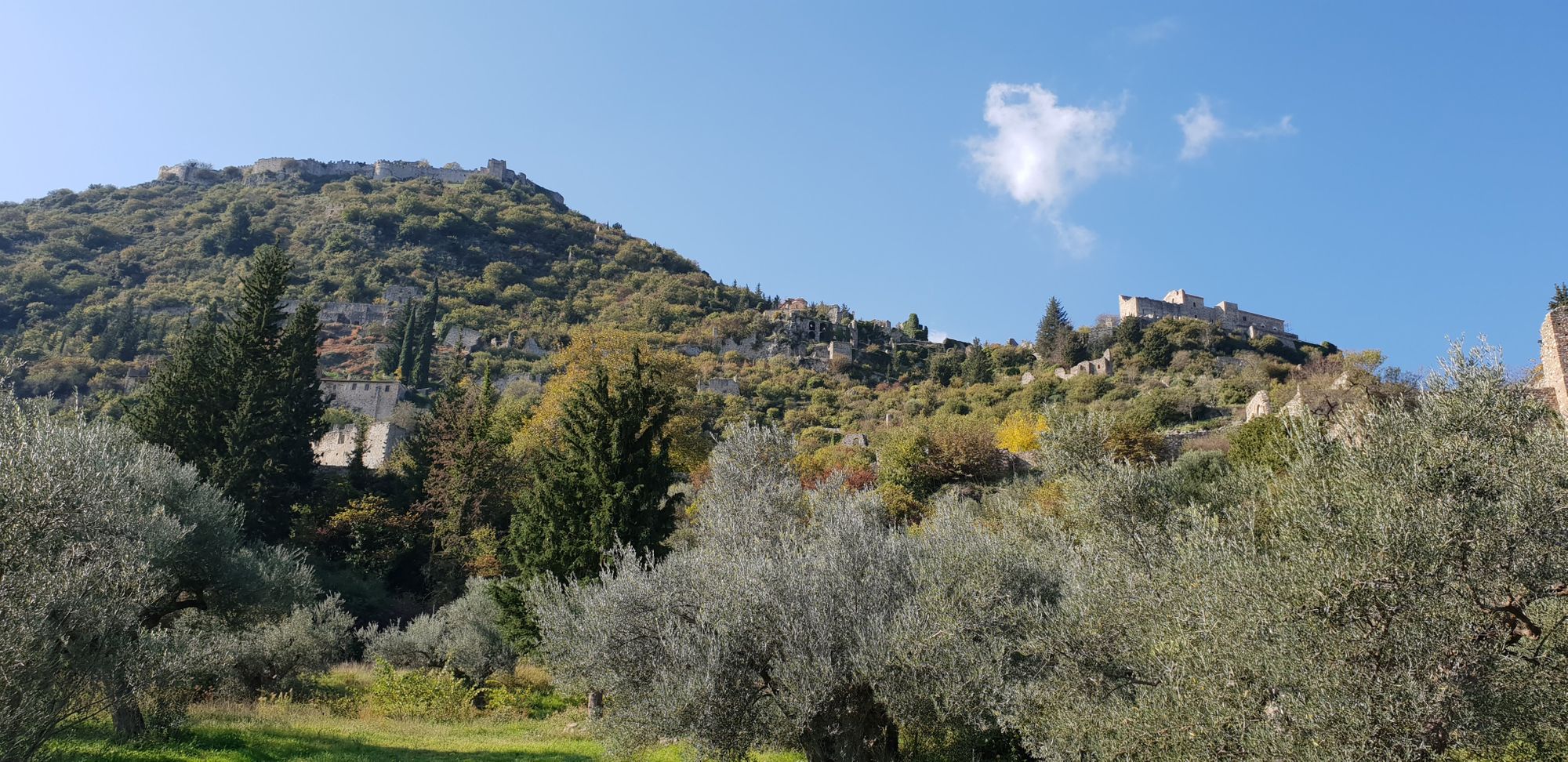Nanowrimo 2020: Planning My Novel
Part One: Pre-Rabble
I'm completing Nanowrimo this year and I'm going to blog about it to keep me honest and motivated. It's not Na-no-wri-for-two-weeks-and-then-go-do-other-things-mo.
Last year I was panicking about other life things, the year before I was galavanting around in Greece and the year before I was supposed to be doing a Master's degree.
But this year, this year is prime nanowrimo fodder. I've already finished one novel this year that's sat waiting for me to fix it so you could say I'm on a roll. Let's not even mention the whole, stay inside, don't travel, have no fun theme of the year. So I can't think of a better way to spend my time...
Well, that's not true. I've done a pretty good job of watching the F out of TV this year - so much so that I'm thinking about re-watching The Office (US) AGAIN! That's nine seasons of pure, fun trash.
No. Now it's time to wri the F out of something. Like I said in my previous post, I've been planning my new-ish novel for the whole of October instead of starting from square one on November 1st. I did that with The Moon of Oakport and it's a total mess so I want to try writing the other way. I'm hoping it'll make my life a bit easier...
Part Two: Planning
This novel was not a totally fresh idea for this year, it was actually my attempt at Nanowrimo last year but at that time I was also on a draft of The Moon of Oakport so I think it was a bit insane to try to write two novels simultaneously - I'm still a baby writer after all...
But I never stopped thinking about my main characters and the setting and if writing has taught me anything - it's to follow your instincts and listen to the characters that speak to you.
First, Characters
So I started planning with my main characters and as ALL the writing books will tell you, I started asking some pretty simple questions:
- What do they want?
- What do they need?
- What is their flaw?
- What is their internal conflict?
- What is their external conflict?
- What is their internal journey
- And, what is their external journey?
Next, I did some simple first & third person writing exercises to get to know them. I've actually got two main characters in this book so it's been really important (and totally new and scary) for me to get to know both of their voices separately.
Ask similar questions of your supporting characters - including any antagonists you have. There's no need to go into too much depth, especially if your working on a passerby, but you should know the basics of everyone that appears in your story.
Second, Story
One of my major flaws as a human is that I start things but never finish and this includes telling stories. I'm SO GOOD at openings and setting up hooks and tidbits and crumbs but they will never lead anywhere because I never plan to resolve them.
But not this time... This time I've forced myself into a planning corner as I've decided to have a murder mystery element to my story.
YOU CAN'T NOT PLAN A MURDER MYSTERY.
To plan a story, you take what you've already written about your characters and then answer these questions:
- What happens at the beginning?
- How does a character go after what they want?
- What happens when they realise what they want isn't enough?
- How do they change?
- How do they go after what they need?
- And, how does everything get resolved?
I also do a fun little Disney Pixar story-telling exercise which goes like this:
Once upon a time...
Everyday...
One Day...
Because of that...
Because of that...
Finally...
I find that when you fill in the gaps with your story this exercise helps to create some drama, chaos or complications shaping it into a story and not just a series of beginnings.
It's at this point I decide on the central themes of my story.
For example, I know I'm writing YA so there are integral themes of self-discovery/coming-of-age/sexuality/identity.
As well that there are issues around discrimination and disparity between classes.
I also have death as one of my main themes because there are murders. So death and life after death is important. So that's a sprinkling of religion.
Nothing heavy there - right?!
Third, Setting
Setting is my favourite. It always has been and always will be. I LOVE creating worlds. It's so much fun! So I start by listing the settings and locations I know will feature in the story and the overall feeling I want them to have.
Here are a few on mine:
Chandry's Room - Cold
Kellen's Room - Warm
The Metropolis - Serious
Throne Room - Tense/Ominous
Olive Grove - Peaceful
Then, of course, there's the over-arching setting. Which was, for this story, my initial inspiration from my holiday to Greece two years ago. The Byzantine city of Mystras. It's was immediately everything I wanted from a fantasy setting. A walled city, conflicting religions, huge palace looking down on tiny houses. Olive groves and quiet (working) nunneries. It was perfect.




Fourth, Murder & Magic
Obviously, this step doesn't apply if you're not writing a story with murders or a story with magic. I happen to be writing both.
Let's start with murders.
Here's the series of questions I worked through to plan the murder mystery aspect of my story:
- Who is committing the murders? And why?
- What is the murderer's want & need? And what is their overarching plan and motivation?
- Who is the first victim?
- How are they killed?
- How are they found?
- What wrong turns does the investigation take?
- Does anyone (other than the murderer) have anything to hide?
- How does the killer react to being found out?
- What happens to them?
It's vital to know who's been committing the murders and why before you start writing. Otherwise, the red-herrings and clues won't be planted correctly... So, get this right! (I'm still hoping I've got this bit right...)
Let's move onto magic
Magic is always fun to include but it can also be rubbish if you don't give it the proper rules and attention it deserves.
Here are the questions I use to create a viable magical system in all my stories:
- What types of magic exist in this world?
- Where do they come from? (Schools, bloodlines, deities etc)
- What limitations does magic have? (Money, skill, commitment etc)
- What are the 'tools of the trade'?
- Who should handle magic?
- Who shouldn't handle magic?
- How does magic support the story themes?
Two final things on the use of magic: Magic is neutral. But in the hands of good people and bad people,it can have good and bad consequences. And do not let the magical element carry too much weight at the resolution. Doing this has the potential to cheat your readers of a satisfying story ending.
Fifth, Theme & Language
Theme
This is what I'm working on right now with four days to spare before the beginning of Nanowrimo. We've already asked the questions around theme but it's time to make sure that everything is going to link together with one very important question:
Do you have conflicting characters/circumstances that can argue both sides of your thematic questions?
If not you should go back and find them. They might be hiding somewhere already so spend a little bit of time looking over your plans and notes for those with the potential to help you take your themes to the next level.
Language
In a first draft, I'm not sure how vital it is to have perfect language. As long as you're getting across the themes, story and visuals, surely you can go back and edit in that beautiful language you always hoped to use?
But there are a few things you should decide before you start and here are some questions to help with that:
- What tense will you use?
- What viewpoint/person will you use?
- Is your narrator reliable?
- How would your story change if you swapped to a different tense and viewpoint?
Finally, a few questions to help when telling a story with multiple points of view. As I said, mine has two so I've had to think about this too. My biggest worry is that they'll sound the same so I've tried to outline a few questions to think about that:
- What does one character see that the other does not?
- How do they think? (If you're writing in 1st person or very close 3rd)
- How do they speak?
- In what ways do they draw readers in? And how do they differ from the other?
Part Three: Preparation
Because we writers are not machines, it's important to prep your life before beginning Nanowrimo too.
Here are some questions to help you plan your life around your writing:
- How long does it take you to write 1000 words?
- Where in your day to you waste time?
- What do you need to write? (What are your tools?)
- What are the key ways you get distracted? (I use mine as a reward!)
- What are your key motivations for writing this project? (Your goals... keep them in mind.)
- What are your least favourite things to write? (dialogue, fighting etc)
- What are your most favourite things to write?
- What will you read during this month?
- What other plans do you have this month?
So with the answers to all these questions, you should be able to carve out a chunk of time in your days to writing. (And plan for those days where you can't write at all.) You should also be able to motivate yourself with rewards & distractions. And prepare yourself for slumps!
Unfortunately, I have to move house slap bang in the middle of Nanowrimo which is not ideal. But as it can't be helped I'm trying to plan for the inevitable chaos particular to moving...
But there we have it, my Nonowritmo ultimate prep guide, I hope this is useful!
Thanks for reading.